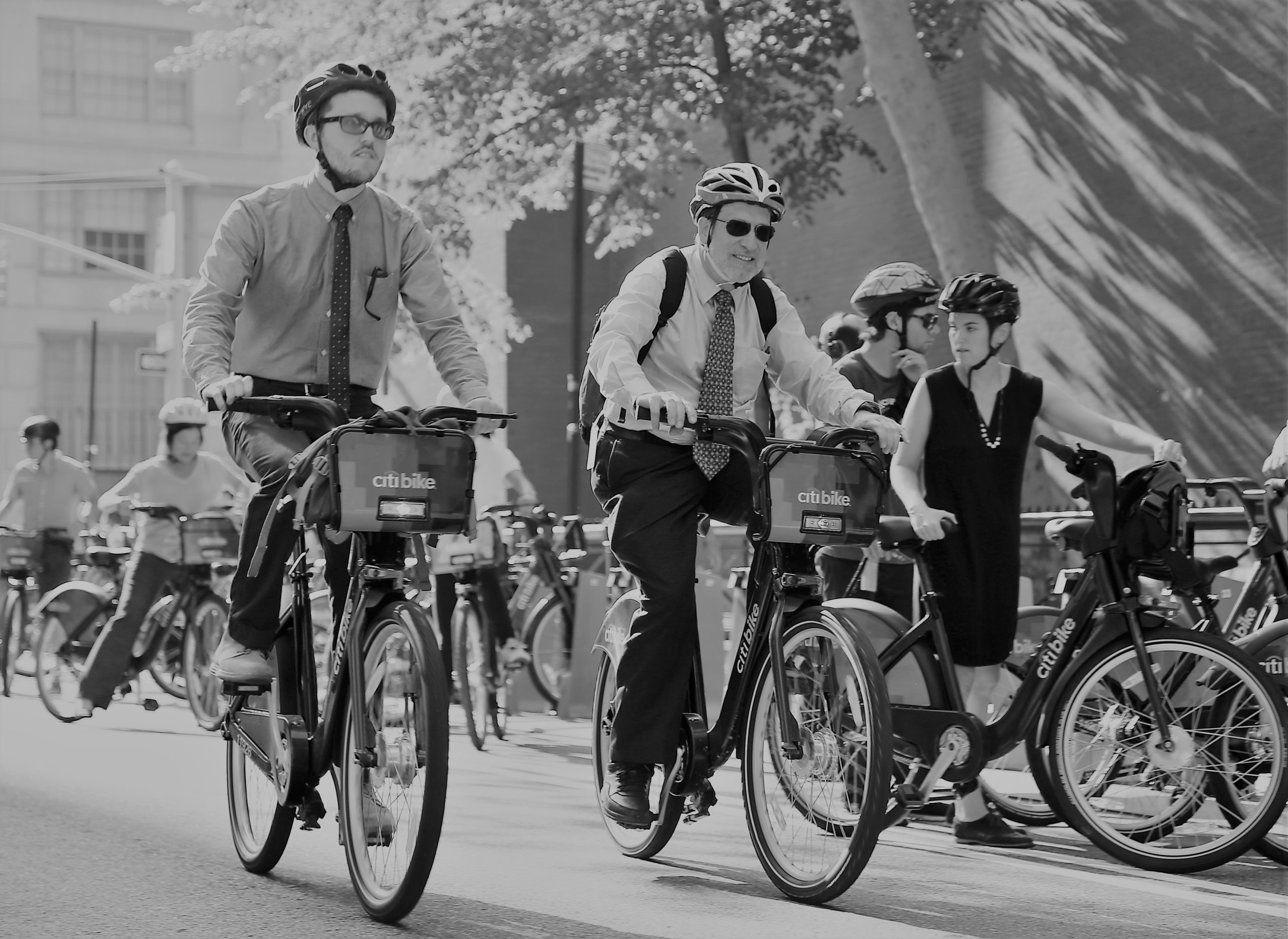As climate breakdown starts to bite, it can be easy to slip into a culture of blame and denial. But, as Tim Middleton argues, a theological perspective can help us to see that, in the West, we are all climate hypocrites now.
This week, at the World Economic Forum in Davos, the climate crisis has been high on the agenda. From ‘prophets of doom’ to wreckers of the planet, name-calling and finger-pointing has also been rife.
‘Who are you to tell me what to do?’
‘Why should I listen when you don’t practise what you preach?’
‘Do you know how much of a hypocrite you sound?’
The sense of injustice is palpable. And people have a point: if you make no effort whatsoever to live up to the values you profess, then why should anyone take you seriously? It seems ridiculous to campaign passionately for a low carbon lifestyle if you regularly fly around the world. There is a cognitive dissonance that simply does not appear to have registered. From celebrities who hop across the pond to lend their support to environmental rallies, to climate scientists who travel all over the world to lecture people on our impending doom, people are right to be suspicious.
And yet, I find myself deeply frustrated by this line of argument—and for two main reasons.
First, quite simply, we are running out of time. In 2018 the Intergovernmental Panel on Climate Change (IPCC) said that we have just 12 years left to limit planetary warming to 1.5 degrees Celsius. It is now 2020, and nothing has changed. Such moments of extreme urgency are incredibly dangerous politically. Rogues and opportunists can easily manipulate a crisis for their own ends—as Naomi Klein describes in her famous book The Shock Doctrine. Nevertheless, the IPCC report could not be clearer: we need major societal shifts as soon as possible. In such a context, it seems to me, any action that helps to spread awareness about, or mitigate the impacts of, climate breakdown must be a good thing. The hypocrisy of one individual is neither here nor there when the planet is burning.
But the timing is only one of the issues at play. The nub of the matter, I suggest, is to do with how we understand human nature itself. Greta Thunberg must sail across the Atlantic to give a talk because, otherwise, she would be lampooned for hypocrisy by those who do not want her message to be heard. The thinking is clear: Greta should not be allowed to preach about a low carbon lifestyle unless she practises a low carbon lifestyle. The implicit demand, therefore, is that Greta ought to be perfect before she deserves to be heard.
Theologically speaking, human perfection is notoriously hard to find. Indeed, it is interesting to note how vigorously Christian theologians defend Christ’s sinless nature. He too, it seems, must be perfect before he deserves to be heard. Nevertheless, Christian theologians are equally adamant that no human being is without sin. To put the same point in a more contemporary idiom: Christian theology recognises that there is a brokenness at the heart of human nature. Despite the best of intentions, we never quite live up to our ideals. Nobody is perfect.
Climatologically speaking, human perfection is impossible. The only way to guarantee a carbon footprint of zero would be not to exist at all. Every time we exhale, a little more carbon dioxide is added to the atmosphere.
But is this a reason to give up altogether? Christian theology says no. Despite the unavoidability of human brokenness, life can still be full of joy. Our calling, in fact, is to endeavour to live life as sin-free, and as carbon-free, as we can. Nobody ever will; but that is no reason not to try. Indeed, it may be the case that our salvation depends upon it.
Christ is also emphatically clear about how we should talk about this. Those who are without sin can throw the first stone. In other words, never. Similarly, those who are carbon neutral can be the first to point out another’s climate hypocrisy. Again, nobody is in a position to be pointing fingers or naming names because nobody is perfect.
This is particularly true when it comes to the poor and disadvantaged. In a society where it is many times cheaper to fly than to take a train, it is a position of privilege to be able to choose the more environmentally friendly option. Market mechanisms are also such that if more people opt for the train over the plane, it will become less and less affordable for those on low incomes. In the same vein, those with loved ones on different continents simply have no choice but to fly if they want to see their family. This is why the recent trend for ‘flight shaming’ has proved so controversial. Even though psychology seems to suggest that shame can be a powerful motivator for change, it is not theologically productive or pastorally sensitive to go about throwing stones.
What is vitally important, therefore, is that we all spend less time judging others and more time examining our own lives. In the Western world we all partake in societies that are absolutely predicated on the burning of fossil fuels. It is virtually impossible to escape this without societal transformation. We are all climate hypocrites now. Yet this does not mean that those who speak up can be dismissed for their hypocrisy. We do not, in general, require clergy or theologians to be sin-free before they start talking about theology. In the same way, someone who has just taken an international flight may yet have a crucial message for us about the state of the planet.
Our climate catastrophe is so urgent that we all need to listen now. But we must do so humbly and graciously—because nobody is perfect.
Images from Climate Visuals: by dsleeter_2000 (CC BY-NC 2.0) and New York City Department of Transportation (CC BY-NC-ND 2.0).
More blogs on religion and public life…
Aftermath and resistance – how the next decade will be won or lost (Part II) by Chris Baker
Aftermath and resistance – how the next decade will be won or lost (Part I) by Chris Baker
Artificial Intelligece in the Image of God? by Ryan Haecker
Review of ‘The Church of Us vs. Them’ by David E. Fitch by Greg Smith
More blogs on religion and public life
- “Barnabas Thrive” led by Revd Dr Paul Monk, is awarded Kings Award for Voluntary Service
by Matthew Barber-Rowell - How could a Temple Tract have had even more traction?
by Simon Lee - Remembrance Day: Just Decision Making II
by Matthew Barber-Rowell - Trustees Week 4th Nov – 8th Nov 2024
by Matthew Barber-Rowell - Some ancient wisdom for modern day elections
by Ian Mayer


Discuss this